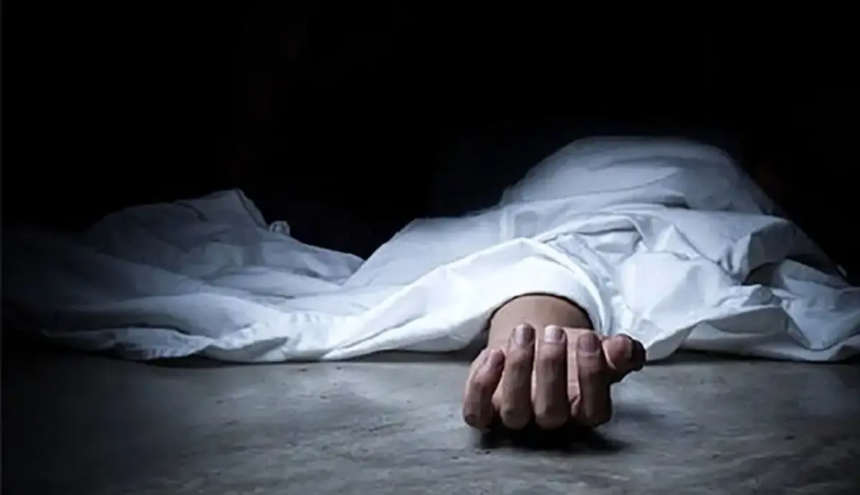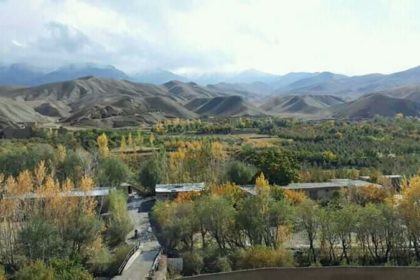RASC News Agency: In the bleak southern outskirts of Tehran where Afghanistani migrants endure lives defined by exhausting labor, systemic discrimination, and social invisibility a quiet, neglected home has become the scene of a horrifying tragedy. A 25-year-old Afghanistani woman and her three young children aged two, three, and five were found murdered in cold blood, their lives extinguished in a silence that mirrors the global indifference to their suffering. The incident surfaced when a neighbor, alarmed by the overwhelming stench coming from the house, alerted the police. Upon entry, the officers discovered a scene so horrific that Iranian media described it as “beyond words.” The three children lay lifeless on the floor, while their mother’s body, bloodied and bearing multiple stab wounds, was found in the bedroom. Forensic experts confirmed that the children had been suffocated. Police suspect the crime occurred more than a week prior, with its grim reality only discovered on Saturday, July 26, after neighbors raised the alarm.
Behind this ghastly murder lies a story of vulnerability and abandonment. The young woman, reportedly married to a man in his 70s, had been living under conditions of social and economic isolation. It remains unclear whether this man has fled voluntarily to Afghanistan or been deported by Iranian authorities. In the silence surrounding this case, countless questions linger questions that reflect the broader reality of Afghanistani migrant women who, much like their sisters under Taliban rule, live without protection or dignity. This tragedy is not merely a criminal incident; it is an indictment of the inhumane conditions faced by Afghanistani women in exile. These women are doubly marginalized first as migrants who often bear the brunt of systemic discrimination in Iran, and second as victims of a world that offers them no safety net. They are denied basic protections, subjected to verbal abuse, and treated as second-class humans simply for trying to survive.
The Mortezagord massacre, as some now call it, is more than a grim headline it is a sobering reminder of the collective failure to protect those most vulnerable. Afghanistani women and children, already fleeing the suffocating cruelty of the Taliban’s misogynistic regime, now face a different but equally devastating form of violence and exclusion in exile. While the Taliban continue to enforce their campaign of gender apartheid back in Afghanistan banning girls from schools, imprisoning female activists, and silencing women’s voices the fate of Afghanistani women abroad reflects a world unwilling to shield them from further harm.
This case highlights the glaring humanitarian vacuum: no robust legal frameworks, no institutional protection, and no social support for Afghanistani women living in poverty and fear. Many are trapped in cycles of domestic abuse, often at the hands of older men they are forced to marry, while others face exploitation simply because they lack legal residency or resources. The gruesome murder of this young mother and her children must not be reduced to a mere crime story. It is a piercing reflection of the wider plight of Afghanistani migrants people who escape Taliban brutality only to find themselves dehumanized and defenseless elsewhere. Their suffering is not isolated but systemic, rooted in decades of war, statelessness, and the world’s indifference.
The tragedy of southern Tehran is, in essence, the tragedy of Afghanistani womanhood under siege from the streets of Tehran to the dark cells of Taliban-controlled prisons. The international community must acknowledge that Afghanistani women are being crushed between the anvil of exile and the hammer of Taliban oppression. Their protection is not charity it is a moral and legal obligation that the world continues to neglect.






